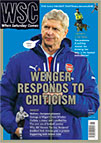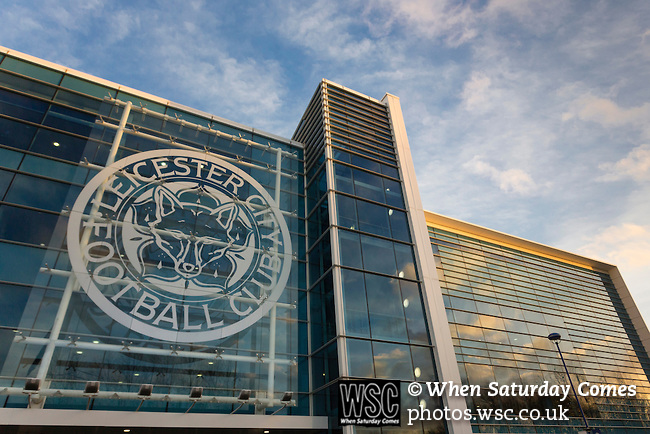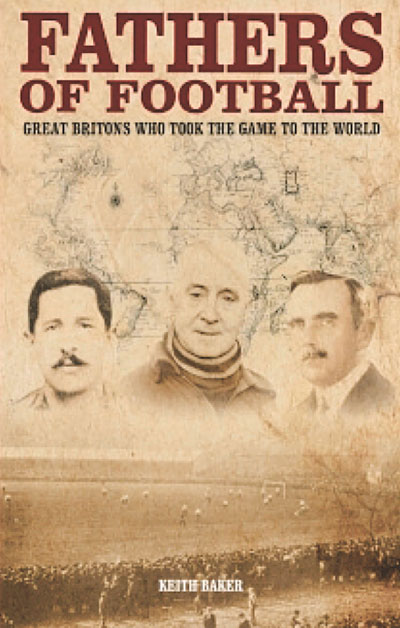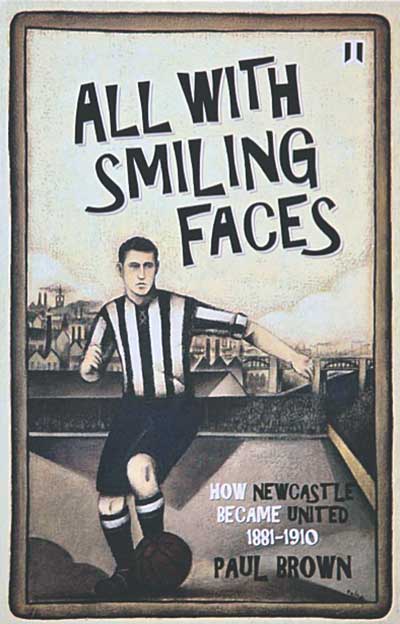 Manchester City have been mocked for low attendances but the criticism is a cheap shot which ignores glaring facts about their supporters, states Matthew James
Manchester City have been mocked for low attendances but the criticism is a cheap shot which ignores glaring facts about their supporters, states Matthew James
Back in Manchester City’s darkest days of the late 1990s, as they battled the likes of Macclesfield to escape the third tier, the odd article began appearing in the press mocking attendances at certain home games. They caused outrage among City fans, always sensitive to media bias. They even generated sympathy in neutral readers, who regarded them as unnecessarily mean-spirited and unfair, given the traumas the club had experienced and the fact that crowds had generally been good.
A decade and a half later and the numbers are under scrutiny again, except this time with no lower-league mitigation. Now the issue is that only 37,500 turned out for a Champions League match against Roma, and the reaction was immediate. Rio Ferdinand, inevitably, took to Twitter to treat us to his instant opinion, ridiculing the expansion of the Etihad, while on ITV the increasingly Keane-esque Paul Scholes criticised what he saw as the supporters’ apathy towards the competition.
Fan loyalty is always a sensitive issue, and reaction is naturally defiant when the criticism comes from the enemy, but did they have a point? On the surface, the stadium enlargement might look a folly if you can’t fill it for a Champions League game, but it should be noted there is a waiting list for season tickets. As for the Scholes comments I would say it probably is true that the fans have yet to fall in love with the competition, due to a lack of special nights in their first three campaigns.
If you’re looking for excuses you can point out that it was the third home game in ten days, and then there is the ever-present issue of cost, but in reality it looks like an anomaly, plain and simple. The attendance was back up to 45,000 for the CSKA Moscow debacle, while there has been no pro-rata drop-off in interest in the other competitions. League games are played to full houses, while the two League Cup matches either side of Roma drew a creditable average of 36,500.
Behind all this discussion are the questions of how many supporters City have, how many do people think they have, and how many do those people think they should have. There is an assumption that trophies and star signings would attract them in droves. One of the key indicators used to chart the rise of a newly successful club is the number of replica shirts cropping up in pubs and playgrounds, particularly beyond the usual catchment area, and the light blue has certainly become a more common sight. But while impressionable kids and needy adults in far-off towns may be happy to suddenly claim allegiance, and even spring for a shirt as the price of reflected glory, there is a huge step up in commitment to being willing to board a coach and trek to the stadium. City simply do not have reservist armies of fans ready to step in.
And why should they? City are traditionally a parochial club, drawing their support almost exclusively from Greater Manchester, including some of its poorest areas, and building beyond that to the point where tickets become like gold dust could take a decade or more of success. With City’s recent history prior to the foreign takeovers it’s impressive that they even maintained the foothold they did, given people had an option across town that would actually bring them some happiness. Fans of, say, Newcastle United are rightly lauded for their commitment, but it has to be noted they don’t have to share their city with anyone, let alone the Manchester United empire. A market analyst who was ignorant of the peculiarities of fandom would be amazed City didn’t go the way of Bebo and Betamax long before their current renaissance.
The crowd for the first Champions League home game of the season was undoubtedly underwhelming, and given City’s financial situation it is understandable that people would seize an opportunity to take them down a peg. But I believe the support deserves to be cut some slack, thanks to dues paid over years of disappointments. One thing is for sure, if all that cash were to disappear and the club imploded once again, the same people would be there for Rochdale as they were for Roma.
From WSC 335 January 2015

 Great Britons who took the game to the world
Great Britons who took the game to the world How Newcastle
became United
How Newcastle
became United Manchester City have been mocked for low attendances but the criticism is a cheap shot which ignores glaring facts about their supporters, states Matthew James
Manchester City have been mocked for low attendances but the criticism is a cheap shot which ignores glaring facts about their supporters, states Matthew James